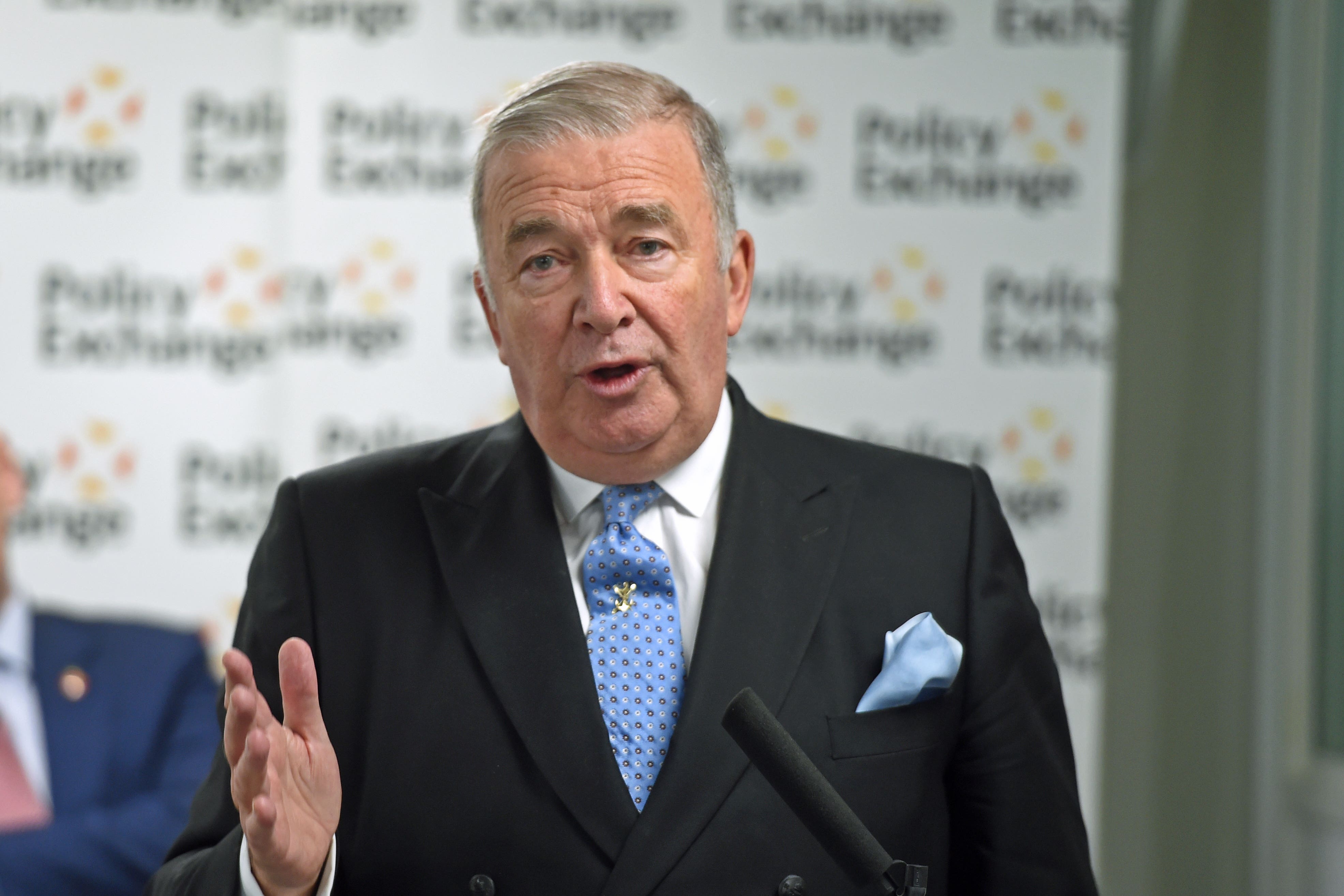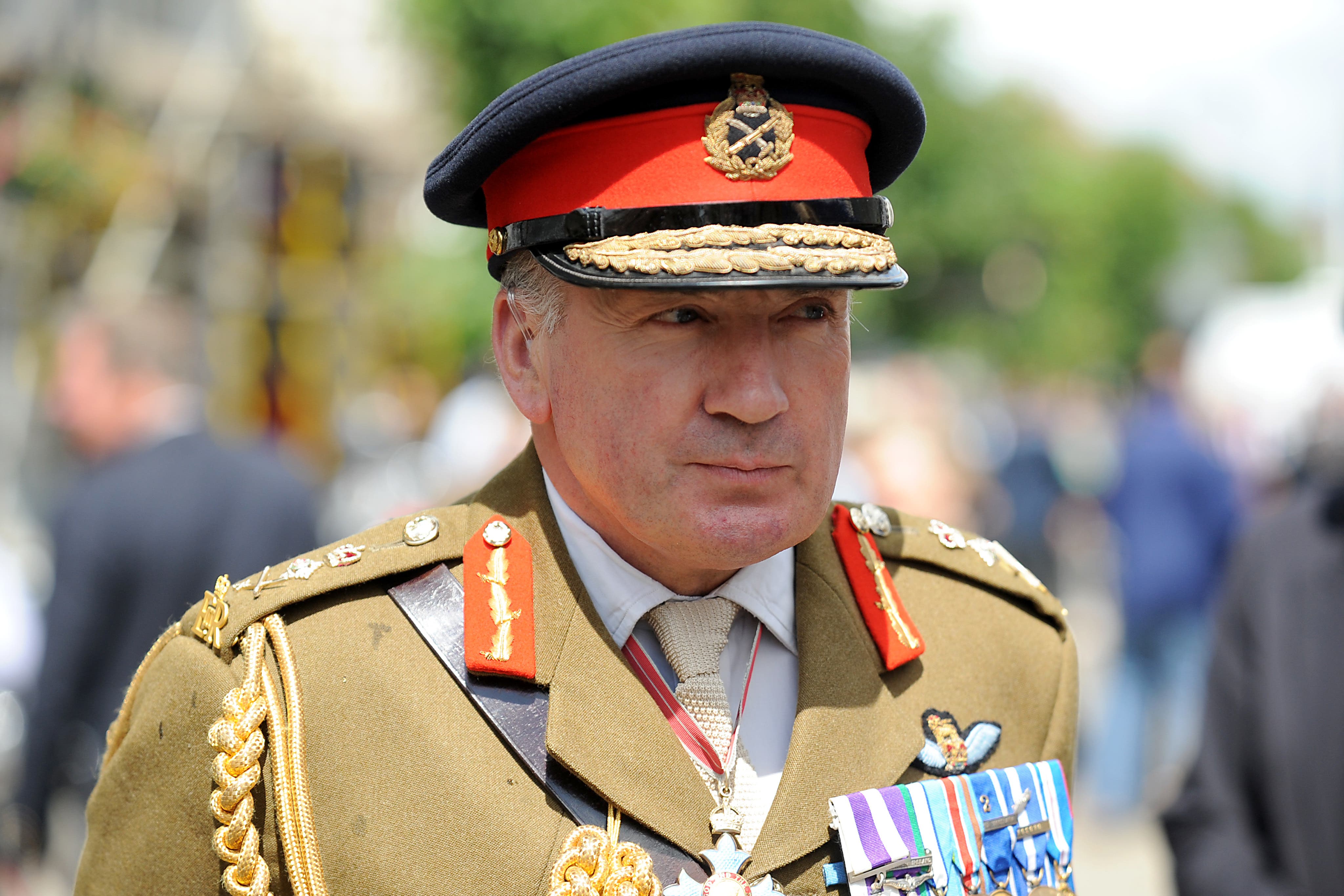Sir Keir Starmer has been warned his plans to send a peacekeeping force to Ukraine may force Labour into breaking a manifesto commitment on tax and spending.
The prime minister has announced he is prepared to send British troops to defend the country as part of any peace deal, vowing to “play a leading role” in keeping it safe from Russian aggression.
But top military figures have told The Independent creating any peacekeeping force would require a major uplift in defence spending, above the shift from 2.3 per cent to 2.5 per cent of UK GDP promised by Sir Keir.
And a leading economist said that any significant rise in the defence budget would be almost impossible while sticking to the letter of Labour’s general election manifesto.
The manifesto promised not to fund day-to-day spending via borrowing, while the party ruled out any increases to national insurance, VAT, corporation tax and income tax, severely limiting Labour’s ability to raise new funds.

But after Sir Keir announced his peacekeeping plans over the weekend, military chiefs warned sending a force to Ukraine would not be possible without a major funding uplift to overhaul Britain’s hollowed-out forces.
Asked about the implications of Sir Keir’s plans to send troops to Ukraine, Institute for Fiscal Studies associate director Ben Zaranko told The Independent: “It would require spending cuts elsewhere, tax rises, or some combination of the two.
“Meeting the pressures of an ageing population on the NHS while simultaneously ramping up defence expenditure, in an era of stagnant growth and elevated interest rates, would be an epochal challenge – and certainly not one that could be met while sticking to the letter of Labour’s manifesto promises.”
Lord West of Spithead, who headed the Royal Navy from 2002 to 2006, told The Independent Britain should be spending 4 per cent of GDP on defence, adding that successive governments have “betrayed the British people about defence spending” and have “lied about the capabilities of our military”.
He said Britain “absolutely needs to spend more”, adding: “I have no doubt whatsoever. And I think we’re being very silly as a nation not doing that.”

And former defence secretary Ben Wallace said the future of Nato depends on Britain spending at least 3 per cent of GDP by 2030.
He added: “The extra spending is also vital to ensure any forces we may or may not send to Ukraine are properly protected and enabled. Not to do so is to send another hollow force and put British lives unnecessarily at risk.”
Writing in The Daily Telegraph, the prime minister said over the weekend the UK was “ready to play a leading role” in Ukraine’s defence and security, including the commitment of £3bn a year until 2030.
But he said that along with military aid to Ukraine, “it also means being ready and willing to contribute to security guarantees to Ukraine by putting our own troops on the ground if necessary”.
Tensions over defence spending come as the government prepares to publish a strategic review of Britain’s defence capabilities, including setting out a pathway to defence spending hitting 2.5 per cent of GDP.
But on Monday the PM was accused of living in “fantasy land” for refusing to set a higher target, with the former head of the British army warning the 2.5 per cent figure “is not going to touch the sides”.
“We’ve got to go to 3 or 3.5 per cent and commit to that now,” Lord Dannatt, who was chief of the general staff between 2006 and 2009, told BBC Breakfast.

Lord Dannatt added: “He’s got to get real… he can’t live in fantasy land.”
And Labour MP Calvin Bailey, a member of parliament’s defence committee, told The Independent the government must recognise the “considerable resource implications” of the commitment to Ukraine.
He said the UK was taking a welcome leadership role in Ukraine, filling “a huge vacuum” amid political turmoil in France and Germany.
And he said: “These bold commitments come with considerable resource implications, which will need to be addressed in the strategic defence and security review. We must not underestimate the scale of the task ahead of us.”
Boosting spending to Labour’s 2.5 per cent target would add around £5bn to the Ministry of Defence’s budget, and Treasury sources indicated Rachel Reeves is not willing to allocate more than 2.3 per cent in this year’s spending review. But sources told The Times Sir Keir was willing to overrule the chancellor after the PM held one-to-one meetings at the MoD with Admiral Sir Tony Radakin, the chief of the defence staff, and the respective heads of the army, RAF and Royal Navy.
Armed forces chiefs want Sir Keir to raise defence spending even higher, to 2.65 per cent of GDP, which would cost around £10bn.
The prime minister’s official spokesman would not rule out raising taxes to fund the peacekeeping force, adding that he would not “get ahead of discussions” on security guarantees.







